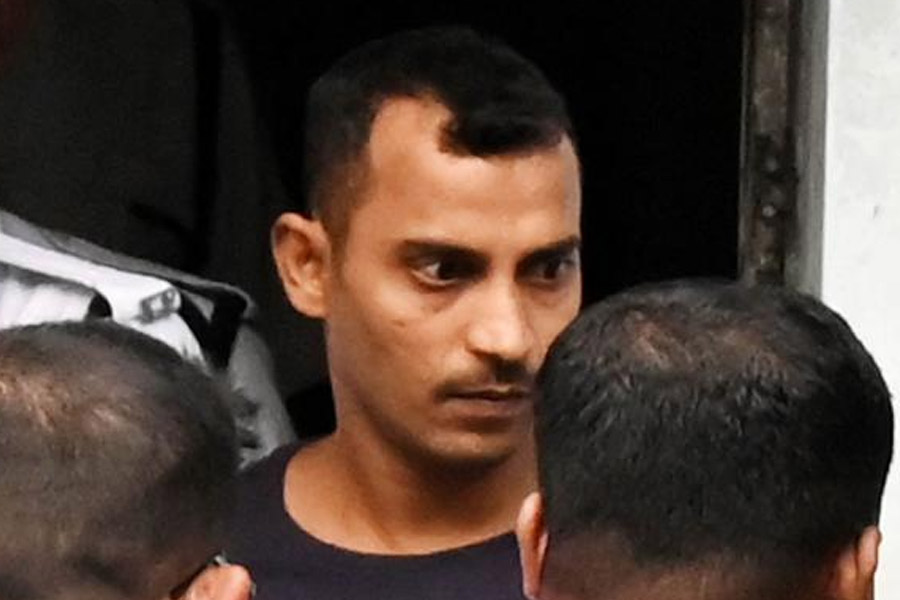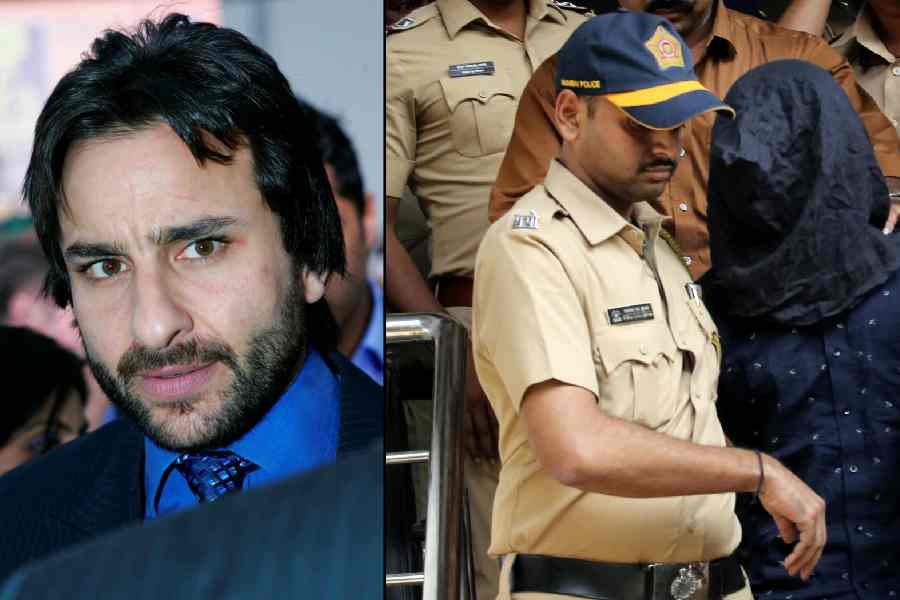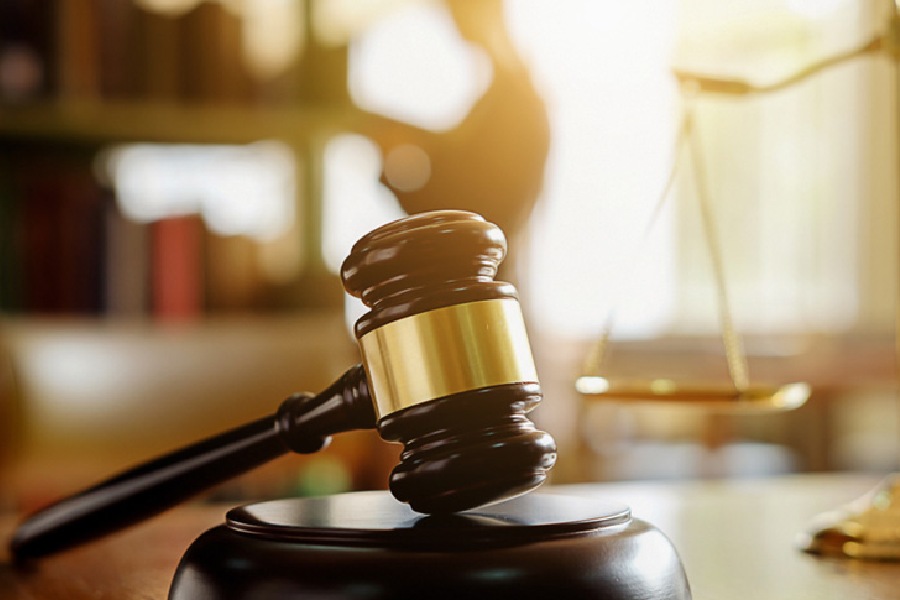Donald Trump's second presidential term could have huge implications for U.S. trade policy, climate change, the war in Ukraine, electric vehicles, Americans' taxes and illegal immigration.
While some of his campaign proposals would require congressional approval, here is a summary of the policies Trump has said he will pursue after he takes office on Monday.
More tariffs
Trump has said he will issue executive orders on his first day in office to impose a 25% tariff on all imports from Canada and Mexico if the two U.S. neighbors do not clamp down on the flow of drugs into the U.S. and people entering the country illegally. The duties could severely impair the highly integrated economies, where auto parts can cross borders multiple times before final assembly. Trump has also called for a global tariff of at least 10% on all goods imported into the U.S., a move he says would eliminate a $1-trillion annual trade deficit. Critics say it would lead to higher prices for American consumers and draw retaliatory duties on American exports.
Trump has said he should have the authority to set higher tariffs on countries that have placed tariffs on U.S. imports, frequently complaining about Europe's higher duties on autos. At times on the campaign trail, he threatened tariffs of 200% on vehicles made in Mexico, especially if Chinese automakers launch production there. Trump has targeted China in particular in an effort to decouple the world's two largest economies. He has proposed tariffs of 60% or more on all Chinese imports, far above his first-term tariffs, in part to phase out imports of Chinese electronics and pharmaceuticals. He also has said he wants to prohibit Chinese companies from owning U.S. real estate and infrastructure in the energy and tech sectors.
Mass deportations
Trump has vowed to reinstate his first-term policies targeting illegal border crossings and to forge ahead with sweeping new restrictions.
He has pledged to limit access to asylum at the U.S.-Mexico border and to embark on the biggest deportation effort in American history, which would likely trigger legal challenges and opposition from Democrats in Congress.
He has said he will employ the National Guard, and, if necessary, federal troops, to achieve his objective, and he has not ruled out setting up detention camps to process people for deportation. Trump has said he would seek to end automatic citizenship for children born to immigrants. While such a move would run against the long-running interpretation of the U.S. Constitution's 14th Amendment, Trump has said he would consider trying to push through a new amendment that would achieve his aim. He is expected to try to revoke protected legal status for some populations such as Haitians or Venezuelans, but would try to seek a congressional deal to protect "Dreamers" - children of parents who came to the country illegally.
Trump says he will reinstitute a version of his "travel ban" policy that restricted entry into the U.S. of people from Muslim-dominant countries and other nations, and sparked multiple legal battles during his first term. Some of Trump's earliest appointments reflected an urgency to follow through on his immigration agenda. Trump has named a "border czar," Tom Homan, and will make Stephen Miller, the architect of his immigration plans, a White House deputy chief of staff.
Drilling away
Trump has vowed to increase U.S. production of fossil fuels by easing permitting and expanding drilling on federal land. He has said he would support widespread oil drilling in the Arctic National Wildlife Refuge in Alaska. Trump has pledged to create a National Energy Council to coordinate policies to boost U.S. energy production, led by his pick for interior secretary, former North Dakota Governor Doug Burgum.
Whether the oil industry follows through and raises production - which is already running at record highs - remains to be seen.
Trump is likely to again pull the U.S. out of the Paris climate deal, a framework for reducing global greenhouse gas emissions, and would support increased nuclear-energy production. He would also roll back Democratic President Joe Biden's electric-vehicle mandates and other policies aimed at reducing auto emissions.
Trump has argued the U.S. needs to boost energy production to be competitive in developing artificial-intelligence systems, which consume large amounts of power.
Tax relief
Along with his trade and energy agendas, Trump has promised to slash federal regulations that he says limit job creation. He has pledged to extend personal income-tax cuts that he signed into law in 2017 but which are due to expire on Dec. 31, and he has proposed a number of individual and corporate tax cuts beyond those enacted in his first term.
Trump has pledged to reduce the corporate tax rate from 21% to 15% for companies that make their products in the U.S.
He has said he would seek legislation to end taxation of tips and overtime wages to aid waiters and other service workers. He has pledged not to tax or cut Social Security benefits.
Trump also has said he would pressure the Federal Reserve to lower interest rates - but would stop short of demanding it.
Most, if not all, of his tax proposals would require congressional action. Budget analysts have warned that the bevy of tax cuts would balloon the federal debt by trillions of dollars over a decade without savings elsewhere.
Doing away with diversity programs
Trump has pledged to require U.S. colleges and universities to "defend American tradition and Western civilization" and to purge them of diversity programs. He said he would direct the Justice Department to pursue civil rights cases against schools that engage in racial discrimination.
At K-12 schools, Trump would support programs allowing parents to use public funds for private or religious instruction.
Trump has also suggested abolishing the federal Department of Education and leaving states in control of schooling.
No federal abortion ban
Trump appointed three justices to the U.S. Supreme Court who were part of the majority that overturned the court's landmark Roe v. Wade decision that ruled there was a constitutional right to an abortion. He likely will continue to appoint federal judges who would uphold abortion limits.
At the same time, Trump has said a federal abortion ban is unnecessary and that the issue should be resolved at the state level. He has argued that a six-week ban favored by some Republicans is overly harsh and that any legislation should include exceptions for rape, incest and the health of the mother.
Trump has suggested he would not seek to limit access to the abortion drug mifepristone after the U.S. Supreme Court rejected a challenge to the government's approach to regulating it.
He supports policies that advance in vitro fertilization, birth control and prenatal care.
A PUSH TO END WARS Trump has been critical of U.S. support for Ukraine in its war with Russia, and has said he could end the war in 24 hours if elected - although advisers concede it will likely take months if not longer.
He has suggested Ukraine may have to yield some of its territory if a peace deal is to be struck. Trump and his pick for national security adviser, U.S. Representative Michael Waltz, have criticized the Biden administration's decision in November to allow Ukraine to use U.S.-provided missiles to strike within Russian territory.
Trump has also said that under his presidency the U.S. would fundamentally rethink NATO's purpose and NATO's mission.
Trump named U.S. Senator Marco Rubio, a China hawk, as his secretary of state, charged with carrying out his foreign policy goals. Trump has backed Israel in its fight against Hamas in Gaza and hailed a ceasefire deal announced on Wednesday that could see the eventual withdrawal of Israeli troops from Gaza and the release of hostages captured by Hamas.
Trump is likely to push for historic normalization of relations between Israel and Saudi Arabia, an effort he made during his 2017-2021 presidency and which Biden has also pursued. He has urged the U.S. to stay out of the conflict in Syria that has seen longtime leader Bashar al-Assad deposed.
Trump has suggested building an "iron dome" - a missile-defense shield similar to Israel's - over the entire continental U.S.
oTrump has also floated the idea of sending armed forces into Mexico to battle drug cartels and using the U.S. Navy to form a blockade of that country to stop smuggling of the opioid fentanyl and its precursors. His transition team has been drawing up lists of potential high-ranking U.S. military officers to fire as part of a purge of the Pentagon of those believed to be "disloyal" to Trump.
INVESTIGATING ENEMIES, AIDING ALLIES Trump has pledged at times to use federal law enforcement agencies to investigate his political foes, including election officials, lawyers and party donors. Trump tapped former Florida Attorney General Pam Bondi as his attorney general and former national security aide Kash Patel as his choice to lead the FBI. Both have expressed sympathy for Trump's desire to exact retribution on some of his critics, although Trump of late has said that he will not direct them on how to do their jobs.
He has said he would consider firing a U.S. attorney who did not follow his directives - which would constitute a break with the longstanding U.S. policy of an independent federal law enforcement apparatus. Trump has said he will likely pardon many of those who have been convicted of crimes in connection with the Jan. 6, 2021, attack on the U.S. Capitol. In December, he suggested members of the congressional committee that investigated the attack should be jailed.
In addition to criminal investigations, he has suggested using the government's regulatory powers to punish those he views as critics, such as television networks.
PURGING THE FEDERAL BUREAUCRACY
Trump would seek to decimate what he terms the deep state – career federal employees he says are clandestinely pursuing their own agendas – through an executive order that would reclassify thousands of workers to enable them to be fired. That would likely be challenged in court. He has said he will set up an independent government efficiency panel headed by billionaire supporter Elon Musk and former presidential candidate Vivek Ramaswamy to root out waste in the federal government. The government already has watchdogs such as the Office of Management and Budget, and inspectors general at federal agencies.
Trump would crack down on federal whistleblowers, who are typically shielded by law, and would institute an independent body to "monitor" U.S. intelligence agencies.










